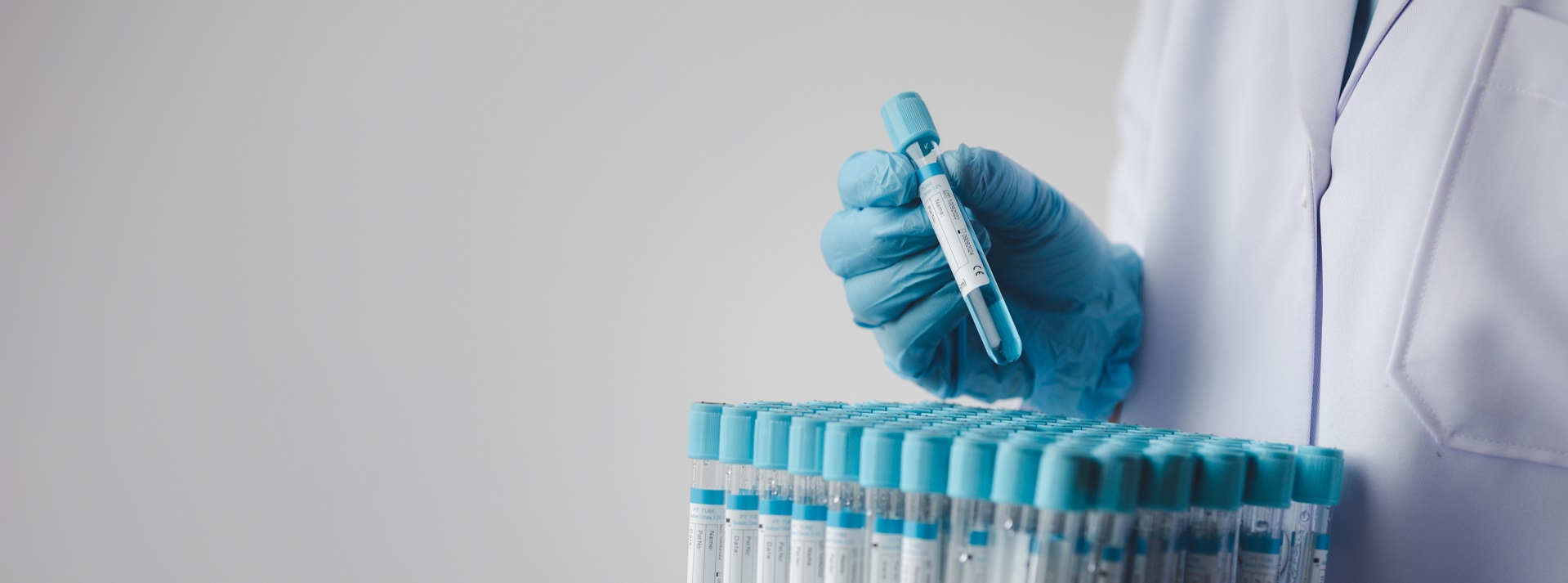With numerous insights of Protheragen at the forefront of service providers in the diagnostics realm of renal disorders, we have made significant advancements in developing therapies for C3 Glomerulopathy (C3G) using novel approaches associated with complement dysregulation and genetic mechanisms. C3G is a kidney disease that has the capacity to be life-threatening, if progresses unchecked.
Overview of C3 Glomerulopathy
C3G is an unusual and serious disease attributed to the exessive destruction and hyperactivation of C3G. The disease leads to an increase in inflammation of kidney cell lobules, also known as glomeruli, resulting in the uncontrolled worsening of the kidney over time. It consolidates two extensive forms: Dense Deposit Disease (DDD) and C3 Glomerulonephritis (C3GN), the latter being differentiated by its distinct forms of C3 utilization seen utilizing electron microscopy.
Pathogenesis of C3 Glomerulopathy
The alternative complement pathway being triggered excessively is the only reason behind the pathology for C3G. Several reasons are responsible for this dysregulation. The foremost factors include being:
- Acquired Autoantibodies: Primarily, autoantibodies known as nephritic factors (e.g., C3NeFs, C5NeFs) bind to and stabilize the active form of complement convertases, preventing their degradation. This results in sustained C3 activation and downstream complement effects.
- Genetic Mutations: Variants in genes regulating complement activity (e.g., CFH, CFI, C3, CFB, MCP/CD46, CFHR proteins) can disrupt inhibitory mechanisms, leading to uncontrolled activation of the alternative complement pathway under certain conditions.
- Monoclonal Gammopathies: In older adults, advanced C3G may coexist with monoclonal gammopathies, where dysregulated antibodies contribute to the disease by interfering with normal complement regulation.

Fig.1 Regulators of complement in the glomerular microenvironment. (Heiderscheit, Hauer and Smith, 2022)
Therapeutics Development for C3 Glomerulopathy
| Category |
Therapy |
Mechanism |
Key Evidence/Status |
Development Stage |
| Anti-C5 Agents |
Eculizumab/Ravulizumab |
Blocks C5 cleavage, preventing MAC formation |
Effective in crescentic C3G with elevated sC5b-9 |
Approved (off-label use) |
| C3 Inhibitors |
Pegcetacoplan (APL-2) |
Inhibits C3 convertase, reducing C3 activation |
Shows proteinuria reduction |
Phase II clinical trials |
| Factor B Inhibitors |
Iptacopan (LNP023) |
Oral inhibitor of alternative pathway amplification |
Ongoing trials for C3GN |
Phase III clinical trials |
| Recombinant Regulators |
Soluble CR1 (sCR1) |
Enhances C3b degradation, restoring complement regulation |
Reduces C3 deposits in animal models |
Preclinical |
| Small Molecules |
Metformin |
Modulates AMPK/mTOR, may reduce fibrosis |
Repurposing for metabolic dysregulation |
Phase II planned |
| Exosome Therapy |
MSC-derived exosomes |
Delivers anti-fibrotic miRNAs (e.g., miR-29b) |
Reduces fibrosis in animal models |
Preclinical |
Disclaimer: Protheragen focuses on providing preclinical research services. This table is for information exchange purposes only. This table is not a treatment plan recommendation. For guidance on treatment options, please visit a regular hospital.
Our Services
Protheragen provides comprehensive preclinical therapeutic development services and disease models tailored for C3G. Our platforms leverage a deep understanding of complement biology and renal pathophysiology to accelerate the discovery and validation of novel therapeutic interventions.
Therapeutic Development Platforms for C3 Glomerulopathy
Disease Models Development for C3 Glomerulopathy
Protheragen provides specific and robust disease models to accelerate preclinical research on C3G. Our platform integrates cell-based models, kidney organoids, and animal models. These are crucial for dissecting the intricate impact of complement gene mutations, elucidating mechanisms of complement dysregulation, and rigorously testing novel therapeutic interventions for kidney protection and systemic disease resolution.
Cell-based & Organoid Models
- Patient-derived iPSC models
- Complement factor deficiencies endothelial cell
- C3/C5b-9 exposure podocyte
- Cell lines expressing C3 Nephritic Factor
- 3D kidney organoids from C3G patient iPSCs
Animal Models
- CFH knockout/mutant mouse models
- CFI deficient mouse models
- C3 gain-of-function mutant mouse models
- CFB transgenic or mutant mouse models
- CD46 deficient mouse models
Protheragen offers end-to-end preclinical development solutions specifically designed for research in severe congenital and acquired renal disorders like C3 glomerulopathy. We specialize in custom disease model development, pharmacokinetics, and drug safety evaluation, enabling us to support your investigation from initial discovery through to preclinical validation.
If you are interested in our services, please don't hesitate to contact us.
References
- Bomback, A. S., et al. "Alternative Complement Pathway Inhibition with Iptacopan for the Treatment of C3 Glomerulopathy-Study Design of the Appear-C3g Trial." Kidney Int Rep 7.10 (2022): 2150-59.
- Heiderscheit, A. K., J. J. Hauer, and R. J. H. Smith. "C3 Glomerulopathy: Understanding an Ultra-Rare Complement-Mediated Renal Disease." Am J Med Genet C Semin Med Genet 190.3 (2022): 344-57.
All of our services and products are intended for preclinical research use
only and cannot be used to diagnose, treat or manage patients.



 Fig.1 Regulators of complement in the glomerular microenvironment. (Heiderscheit, Hauer and Smith, 2022)
Fig.1 Regulators of complement in the glomerular microenvironment. (Heiderscheit, Hauer and Smith, 2022)


